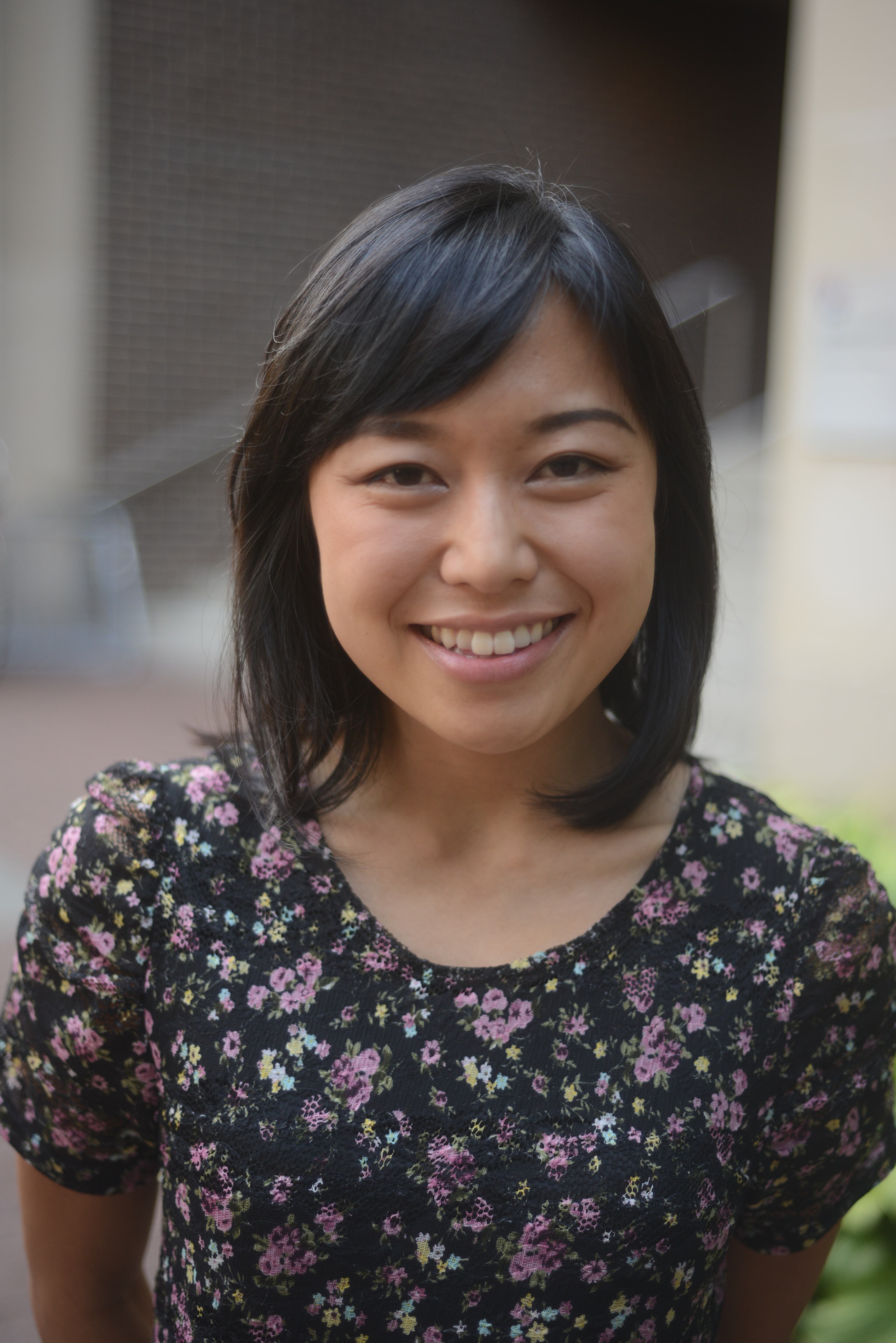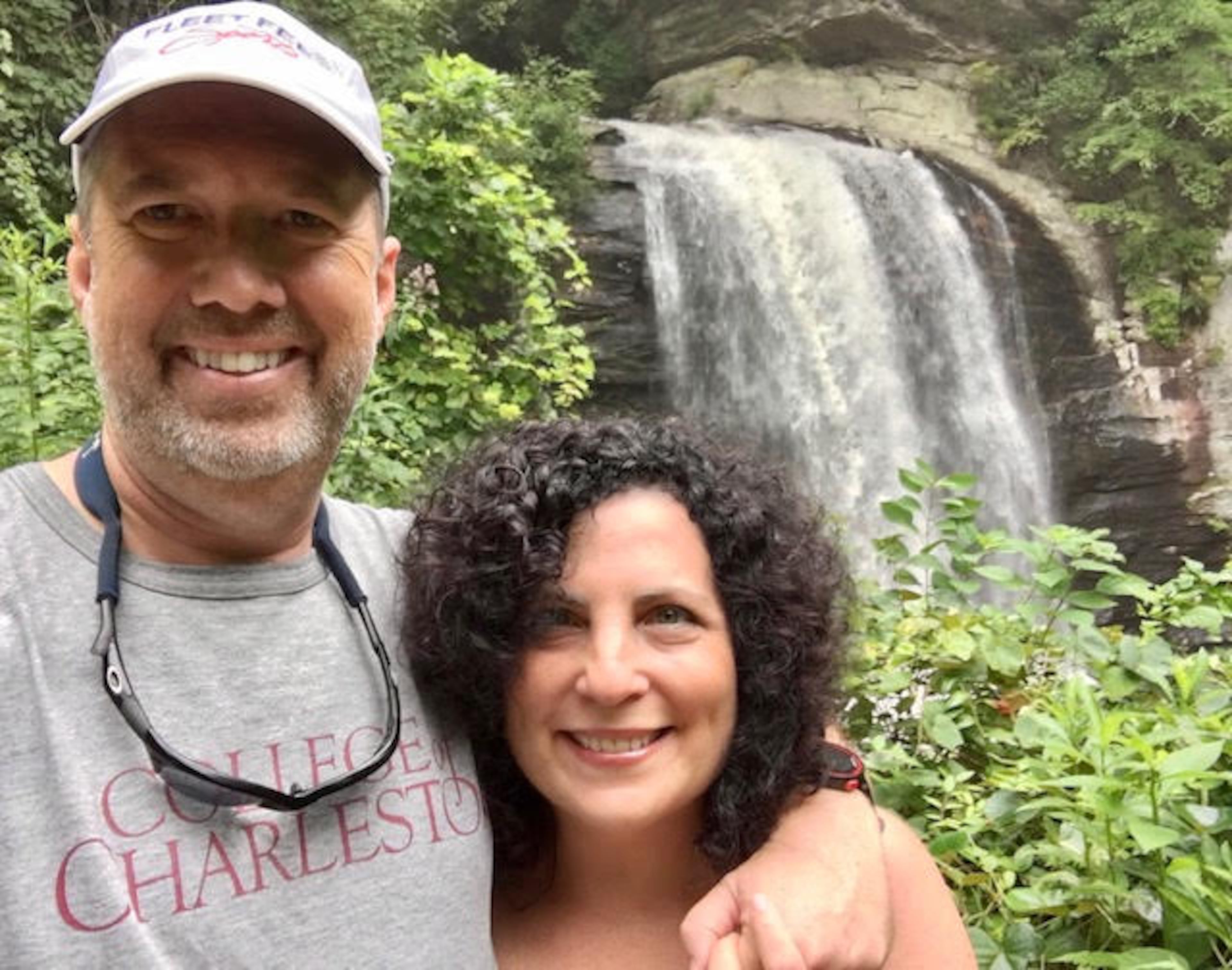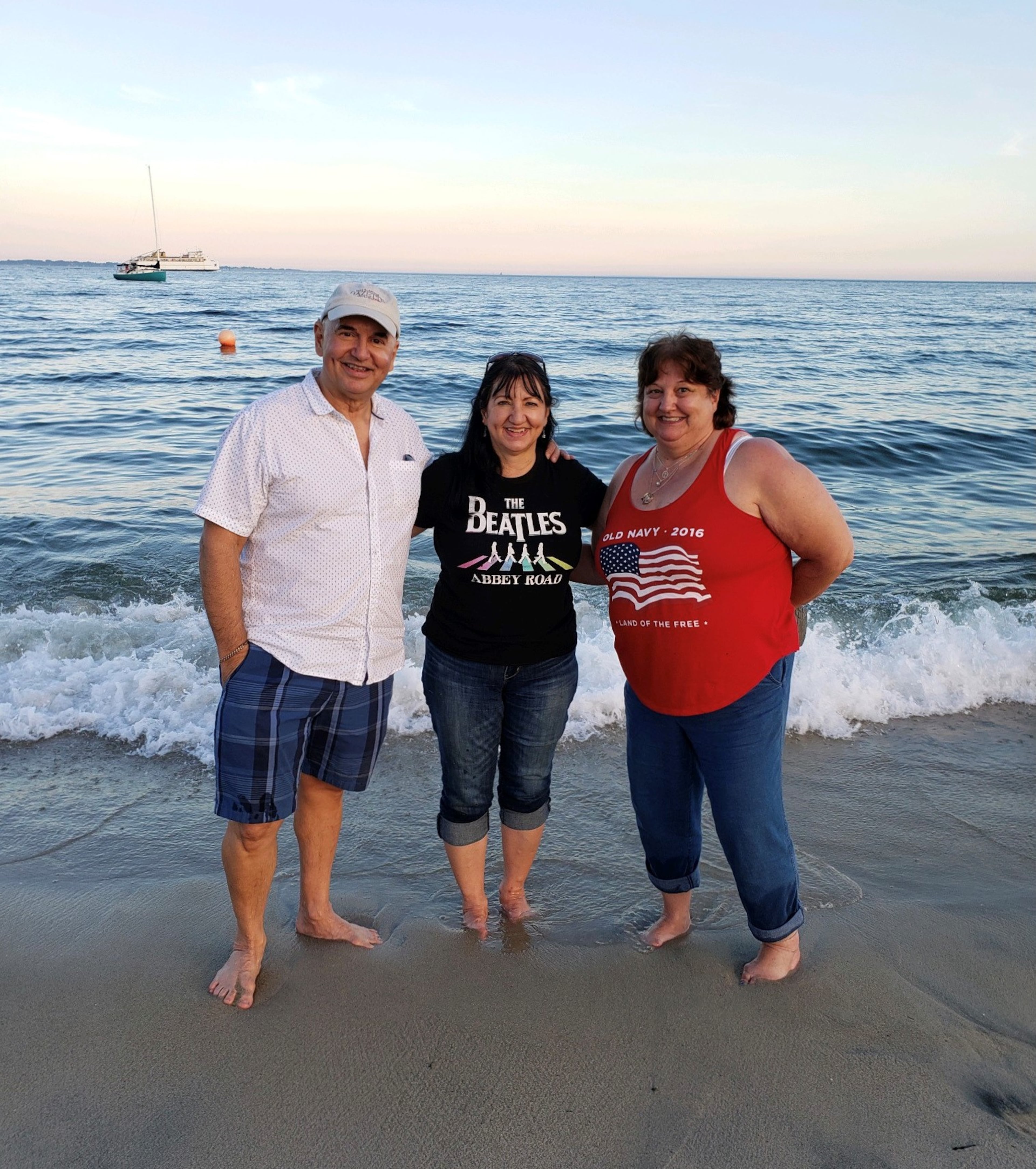More older adults are aging without children or grandchildren
Aging without children or grandchildren is becoming an increasingly common scenario for many older couples and singles. This growing trend may continue due to a post-pandemic baby bust, although Centers for Disease Control and Prevention data show the birth rate rose for the first time in seven years in 2021. Yet as more adults remain single or marry later in life, some change their minds about having children or find they’re unable to have them.
Along with the increase in people choosing not to have kids, there are other circumstances that lead to childlessness such as infertility or the death of a child.
The rising cost of raising children and inadequate support for working parents are often cited as reasons why more people decide not to have children, according to Heeju Sohn, Ph.D., assistant professor of sociology at Emory University.

“While there has been much (recent) public interest in people choosing not to have children at all (or at least saying so in surveys), this trend has been going on for many decades, and it coincides with people delaying when they start having children,” she told The Atlanta Journal-Constitution.
“An increasing proportion of young adults spend longer in school, building their careers, and being single throughout their 20s. They delay having children until they are in their 30s and beyond,” Sohn continued. “In the past, women with more education (advanced degrees) were more likely to delay having children than women with less education, but that trend is spreading to women of all educational attainment. The relatively high fertility in the United States has been somewhat of an anomaly among countries with similar economies, and I expect the growing trend in childlessness to continue here.”
Adults without a built-in safety net for support may struggle in situations where it’s assumed they have familial help, such as healthcare providers assuming there’s someone to transport patients home or care for them after surgery. This is just one of many ways that society is built around a “modal” family structure, or “married households with children,” Sohn said.
Many common societal practices and policies “tap into the resources of adult children as the safety net. The problem is that people without adult children — whether they never had children, are estranged from their children, or have lost their children to mortality — are left to navigate difficult periods with a weaker safety net,” Sohn said.
The good news for older adults without kids and grandkids is that they can reap rewarding health and wellness benefits from a strong social network and support system, which may be more important than having children.
“The impact of having children on health and well-being in later life is mixed and generally not as strong as being in a partnership or having a solid support network of friends,” Sohn said. “Furthermore, the relationship quality with adult children matters more than having surviving children. Parents who lived apart from their children … (or who) are not on good terms are at greater risk of having a limited relationship with their children. A robust friend network and engagement with the community (volunteering, for example) have been shown to improve (older adults’) physical activity, mental health, and well-being.”
Sohn said that racial disparities also exist, causing some additional challenges for older adult people of color who are aging without children or grandchildren.
“Marriage, divorce, fertility, and mortality shape the kin network that everyone is embedded in, and differences in these demographic rates by race portend diverging kin networks 20-40 years into the future (the most common studies are differences between white and Black families). Aging Black adults are more likely to live without a spouse or have deceased adult children than aging white adults,” Sohn said.
To be a parent or not to be a parent – a very personal decision
While studies reveal several common themes surrounding the decision not to have kids, the choice remains a deeply personal one.
“When I was in the throes of making a decision about mothering or not, two things kept gnawing at me: I didn’t want to let my parents down and deny them that joy (of being grandparents), and secondly, even if it was the right choice then and for some years to come, would it remain the right choice as I aged?” Deborah J. Cohan, Ph.D., professor of sociology at the University of South Carolina Beaufort in Bluffton, South Carolina, told The Atlanta Journal-Constitution. She ultimately chose not to have children.
“I kept wondering, what will I want when I am much older, will I possibly regret this, and what would that older woman say to my younger self? I had (fear of missing out) before it was a thing! I worried about missing out on a life experience that is so primal to the human experience.”
In addition to her personal experience as a woman who has no children, Cohan researches related issues professionally and as the author of “Welcome to Wherever We Are – A Memoir of Family, Caregiving, and Redemption.”
“As a sociologist who has (studied) caregiving and family dynamics, I (know) people (think) that ‘the kids will take care of me in my old age.’ Of course, this presumes a lot of things including a mutually happy relationship, geographical proximity, financial resources, time flexibility, an adult child’s career and family life that makes this possible, etc.,” Cohan said.

Neither Cohan, 53, nor her partner Mike Robertson, 62, wanted kids, and they enjoy having quality time to spend together. She feels they made the right choice for them. They benefit from flexibility and freedom at this stage in life without the pull of kids or grandkids obligating them to any specific plans or living arrangements.
“Mike and I want to travel more and even experiment with living for short periods of time in other places. Currently, his heart is set on Hawaii and moving there for at least some time together. We are drawn to each other’s playfulness and sense of adventure and wonder. I am confident that as some of our friends may be hosting grandchildren for sleepovers or shuttling them around to help their adult kids, that we will be making and having our own fun,” Cohan said.
From her personal experience and professional research, she has found that children can strain relationships.
“So many marriages are child-focused; so many parents, especially women, become self-sacrificial parents. Some marriages even rely on the distractions that children can bring. Those things strain the emotional and physical intimacy of a marriage. Aging without kids in the context of a relationship or marriage involves a level of intentionality and intimacy that is different than when people have children,” Cohan said.
Many single adults are aging without children, too.
John-Manuel Andriote, 64, enjoys his life without a child in Brookhaven.
“When I was much younger, in my twenties, I was sure I wanted to have children. But after I came out and accepted that I am gay, like most gay men of my generation, I also accepted that this meant I would not have children,” he said. “This has been fine with me because, especially in my younger years as I built my career, I often didn’t earn a great deal of money. Not having a family to support gave me the freedom to make choices for my career that I likely couldn’t have made if supporting a family was my top priority.”

Andriote moved to Atlanta last year in part to be near siblings living here, and he has enjoyed reconnecting with them as adults.
“The move has given us an amazing opportunity to really become close. We do lots of fun ‘family’ things together, including a recent trip to Florida, the Atlanta Greek Festival ― we are of Greek ancestry — and, day trips together to (festivals) in Stone Mountain and Helen.”
“My advice to other childless adults would be to enjoy as close relationships as possible with family — siblings and their kids/grandkids, other relatives (such as aunts, uncles and cousins) — and to cultivate friendships and social connections with others who are also single and childless,” he said.
People don’t have to feel lonely or isolated living alone, he’s found.
“Engage and connect with life!” Andriote said, and “even if that means volunteering at an animal rescue,” people can find ways to express love and care for others. He also suggested older adults seek opportunities to mentor younger people, to share their knowledge and wisdom.
“That is an incredibly valuable means for warding off a sense of loneliness, isolation, and ‘obsolescence,’” he added.
“Aging is not what it used to be,” said Nicki Nance, Ph.D., a psychotherapist and associate professor of psychology and human services at Beacon College in Leesburg, Fla. “Advances in medicine make it possible to maintain health, strength, and mobility well into one’s 80s. Having children does not assure that your children will remain in proximity” nor on good terms. She added that older adults who don’t have children are often better off financially than those who have children and grandchildren.
“Aging in place is a movement, and if seniors approach it with the support of the rest of the agers in place, it can be safe and satisfying,” Nance said.
Tips and resources for aging independently
Nicki Nance, who teaches a course on adult aging and development, offers the following tips for older adults, especially those who are without children and/or without close family nearby, for staying engaged and prepared for aging independently.
- Don’t completely retire. If you love your work, stay involved.
- Walk your dog where others walk theirs. They are great conversation starters.
- Volunteer. Websites such as volunteermatch.org and findhelp.org can lead you to services in your community.
- Check your area for retirement communities. Even if you don’t live there, you might be able to participate in their events.
- Travel with a tour group. You can be as connected or independent as you choose on many tours.
- Use social media to connect virtually with others and make plans.
- Use the public library. With the increase in electronic books, libraries are staying afloat by becoming community hubs where support groups meet, and classes from computers to tai chi are available at many libraries.
- Make your home safe and accessible. Declutter, and install lighting, and safety features. Get support at aginginplace.org
- Leave your legacy by teaching others what you know, giving gifts to individuals or charities, writing your memoirs, and preparing your will. Completing the Five Wishes form from fivewishes.org assures that you are comfortable in your final days.
To get specialized news and articles about aging in place, health information and more, sign up for our Aging in Atlanta newsletter.

